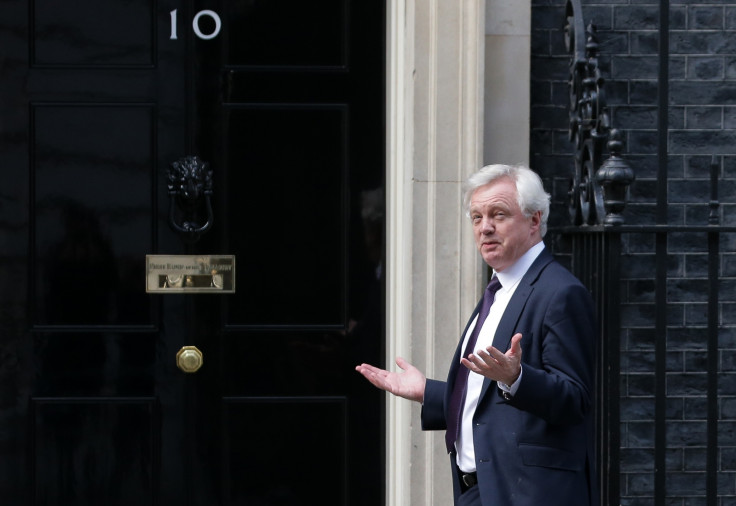Over half of UK businesses 'lack confidence' in government on Brexit
Getting the right trading arrangements with the EU is the biggest concern for the majority of businesses.

More than half of business leaders lack confidence in the government to conduct Brexit negotiations, a survey has revealed.
Some 54% of 3,000 businesses polled by business finance firm MarketInvoice said the government had lost its way in talks with Brussels and that Brexit Secretary David Davis lacked preparedness, while only 5% felt he was doing a good job.
Nearly 60% of firms said securing the right trading arrangements with the EU was their top priority in Brexit talks, ahead of having access to EU workers at 18% and maintaining stability in the sterling at 7%.
"Business leaders are clearly focussed on ensuring they are prepared to do business before worrying about people issues," said Anil Stocker, chief executive of MarketInvoice.
"Anecdotal feedback from this survey is that businesses in the UK are getting on with it but are clearly unsettled which doesn't make for a healthy business environment."
Some 53% of firms cited the uncertain economic climate as their biggest worry, while 15% listed political instability as their number one concern.
The majority of companies believe the government has taken their concerns into account in Brexit negotiations, but a quarter feel they have lost their way and will be in for shock during talks with Brussels.
"The good news is that businesses, finally, feel that their voices are being heard by government but are not inspired with confidence with the negotiating efforts," Stocker added.
The report comes days after the Financial Conduct Authority (FCA) warned that major financial firms would be forced to push ahead with plans to shift operations away from London by the end of the year if a transitional Brexit deal is not struck.
Andrew Bailey, chief executive of the FCA, said City firms were nearing the point where they have to take action to ensure that their business is not disrupted after the UK leaves the European Union in March 2019.
"In order to have things in place by two years' time, [firms] have got to start implementing plans [by the end of this year]," he said. "Agreement on a transition would break that constraint. I do think this is important."
© Copyright IBTimes 2025. All rights reserved.






















